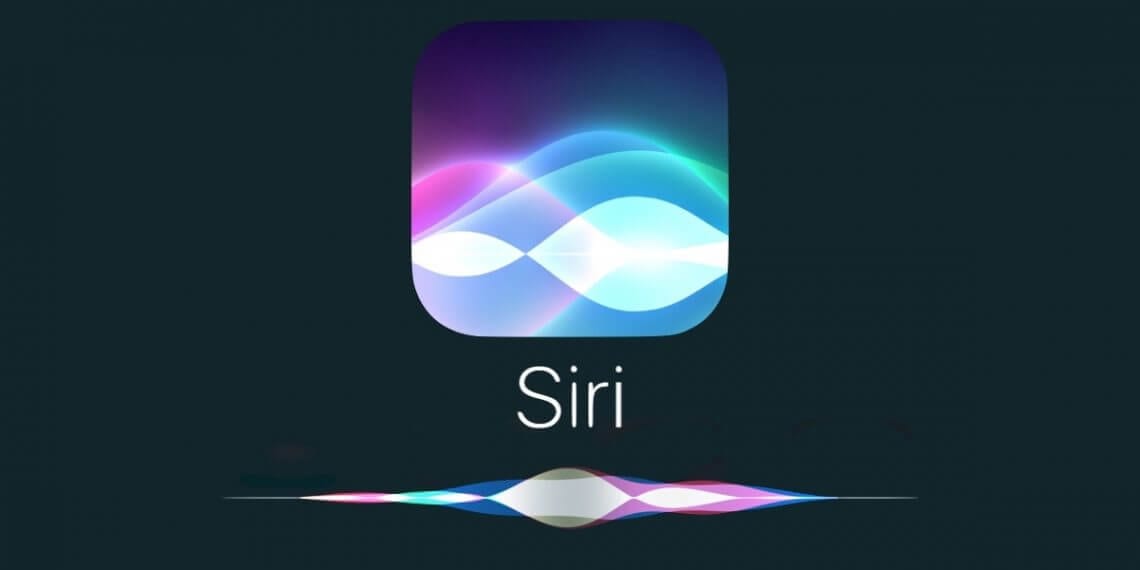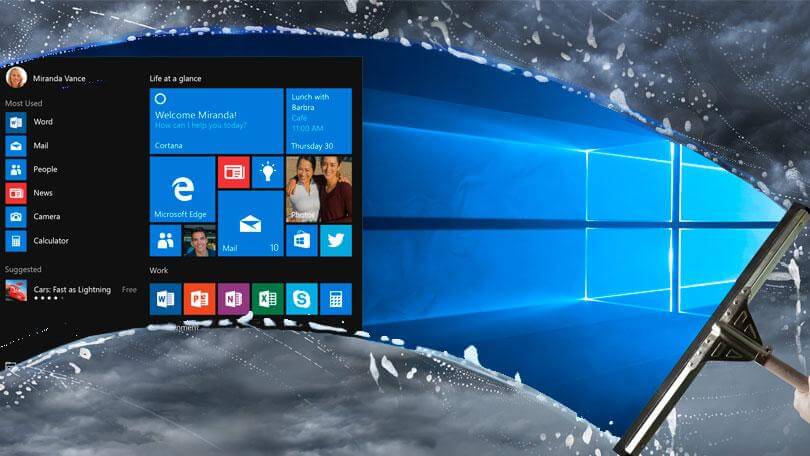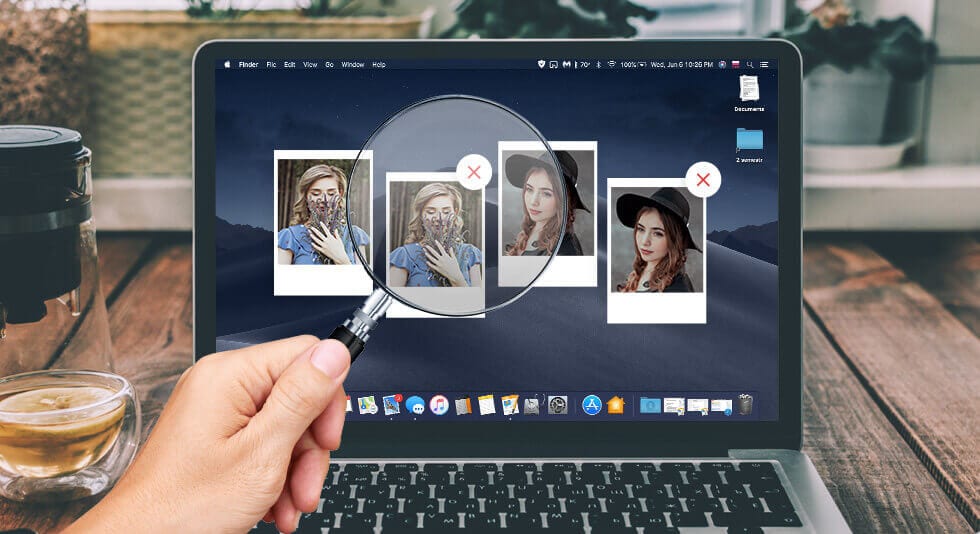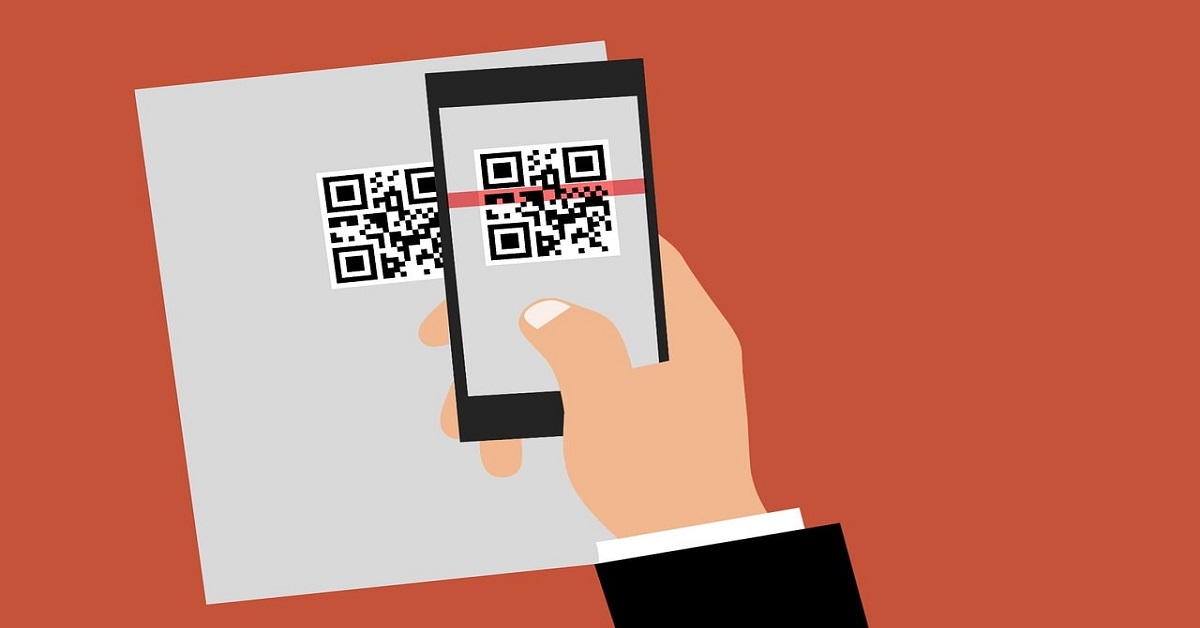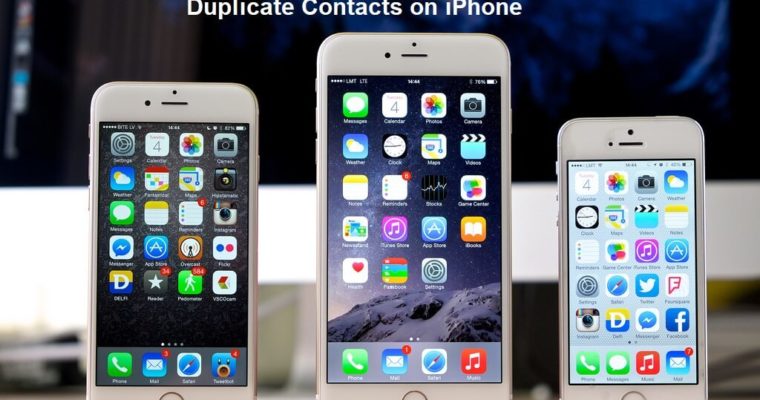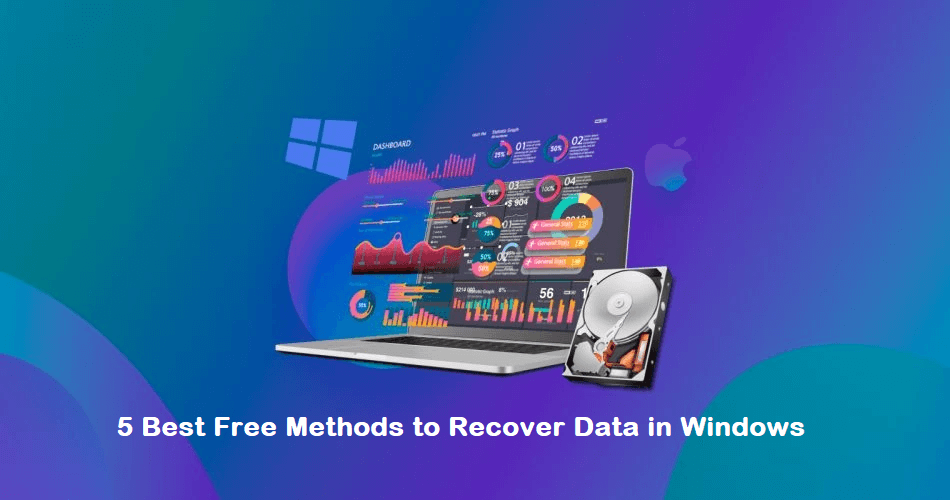5 Risks You Face If You Use Siri
It wasn’t long ago when saying something like “Siri, what’s the weather?” or “Hey Siri, set a reminder for me” seemed incredibly futuristic. Now our interaction with Siri is just one of the many features we take for granted daily.
Siri and virtual assistants are amazing leaps in technology. They can make our lives so much easier. But there are a few downsides associated with using them that you need to be aware of to maintain your privacy and prevent your data from falling into the wrong hands.
Issue 1: When is Siri Listening
Siri is activated when you say “Hey Siri” or hold the side button of your iPhone (Siri is also available on iPads, MacBooks, and other Apple devices). But have you ever noticed Siri turning on though without you intending it to?
The truth is that Siri is always listening and collecting information on you. This could be used to sell adverts, store data about, or run other security risks.
The good news is Apple does include a few tools to prevent Siri from listening to you all the time. The problem is that it can and does bypass through creating a heap of privacy problems in the process.
Issue 2: Siri Goes Shopping
Siri can do more than add items to your shopping list. Since last year, Siri can be integrated into apps like Walmart’s Grocery App to put things in your online shopping cart. You can even place the order via Siri automatically.
While saving time and making things touch-free, this does put more of your data at big companies like Walmart’s fingertips. Take a look at your apps, and you’ll see Siri can pull data from even more sensitive places like your bank accounts and more!
Issue 3: IoT Devices
IoT (Internet-of-Things) and voice-activated assistants go together hand-in-hand. You can now tell Siri to turn on the lights, heat the house, or just about anything.
IoT devices are notorious for their huge array of security flaws. Since they lack adequate protection, cybercriminals can easily break into them. And all of this can easily get wrapped up into your Siri usage, creating a host of potential risks.
Issue 4: Your Conversations in the Cloud
You wouldn’t think all the silly and not-so-silly things you ask Siri are stored anywhere—especially in a vault you don’t have access to.
Well, not only is Siri listening to all your conversations, but this data is stored in the cloud. There’s no way of telling what’s exactly in there as well, so things you say can be misinterpreted and have meaning attached to them you never intended.
Issue 5: Hacking Risks
Apple has been pretty lucky and hasn’t been victimized yet. But in the world of cybercrime, it’s always a matter of when and not if a major hack will occur.
It doesn’t even have to be an intentional attack. For instance, in 2018, a couple deactivated Alexa after it recorded and sent a private conversation to somebody in their contact list! While Amazon says this is extremely rare, that’s something nobody wants happening to them. Don’t wait for Siri to do this to you.
How to Improve Your Safety With Siri and Other Voice Assistants
You deserve to have privacy. But many of these assistants are fundamentally flawed. Just using can put you at risk.
If you do decide to continue using Siri, Alexa, or any other assistant, however, there are ways to claw back some of your privacy.
Start by using a VPN. What is a VPN? It conceals your IP address and encrypts your internet connection. Using a VPN not only increases your safety with Siri but everything else you do online. Be sure to enable one at all times.
In addition, there are ways to reduce Siri’s ability to snoop on you. To start, modify your privacy and security settings by going to Settings>Privacy > Analytics and Improvements. Then disable Improve Siri & Dictation.
You should also go to Siri in settings and delete your stored Siri & Dictation History.
While you’re at it, you should also consider disabling Allow Siri When Locked. This means Siri will only listen for “Hey Siri” while your phone is unlocked/open.
Reclaim Your Privacy From Siri and Other Virtual Assistants
We’ve focused mainly on Siri in this article. But that doesn’t mean Alexa, Google, and Cortana aren’t just as bad, if not worse.
Voice assistants are great, but just as you wouldn’t let people have full access to your phone, you shouldn’t let them have it either. Restrict what they can access and always turn on a VPN. This is the best way to get back the privacy that you deserve.
Popular Post
Recent Post
How To Record A Game Clip On Your PC With Game Bar Site
Learn how to easily record smooth, high-quality game clips on Windows 11 using the built-in Xbox Game Bar. This comprehensive guide covers enabling, and recording Game Bar on PC.
Top 10 Bass Booster & Equalizer for Android in 2024
Overview If you want to enjoy high-fidelity music play with bass booster and music equalizer, then you should try best Android equalizer & bass booster apps. While a lot of these apps are available online, here we have tested and reviewed 5 best apps you should use. It will help you improve music, audio, and […]
10 Best Video Player for Windows 11/10/8/7 (Free & Paid) in 2024
The advanced video players for Windows are designed to support high quality videos while option to stream content on various sites. These powerful tools support most file formats with support to audio and video files. In this article, we have tested & reviewed some of the best videos player for Windows. 10 Best Videos Player […]
11 Best Call Recording Apps for Android in 2024
Whether you want to record an important business meeting or interview call, you can easily do that using a call recording app. Android users have multiple great options too. Due to Android’s better connectivity with third-party resources, it is easy to record and manage call recordings on an Android device. However it is always good […]
10 Best iPhone and iPad Cleaner Apps of 2024
Agree or not, our iPhones and iPads have seamlessly integrated into our lives as essential companions, safeguarding our precious memories, sensitive information, and crucial apps. However, with constant use, these devices can accumulate a substantial amount of clutter, leading to sluggish performance, dwindling storage space, and frustration. Fortunately, the app ecosystem has responded with a […]
10 Free Best Barcode Scanner for Android in 2024
In our digital world, scanning barcodes and QR codes has become second nature. Whether you’re tracking packages, accessing information, or making payments, these little codes have made our lives incredibly convenient. But with so many barcode scanner apps out there for Android, choosing the right one can be overwhelming. That’s where this guide comes in! […]
11 Best Duplicate Contacts Remover Apps for iPhone in 2024
Your search for the best duplicate contacts remover apps for iPhone ends here. Let’s review some advanced free and premium apps you should try in 2024.
How To Unsubscribe From Emails On Gmail In Bulk – Mass Unsubscribe Gmail
Need to clean up your cluttered Gmail inbox? This guide covers how to mass unsubscribe from emails in Gmail using simple built-in tools. Learn the best practices today!
7 Best Free Methods to Recover Data in Windows
Lost your data on Windows PC? Here are the 5 best methods to recover your data on a Windows Computer.
100 Mbps, 200 Mbps, 300Mbps? What Speed is Good for Gaming?
What internet speed is best for gaming without lag? This guide examines whether 100Mbps, 200Mbps, or 300Mbps is good for online multiplayer on PC, console, and mobile.
